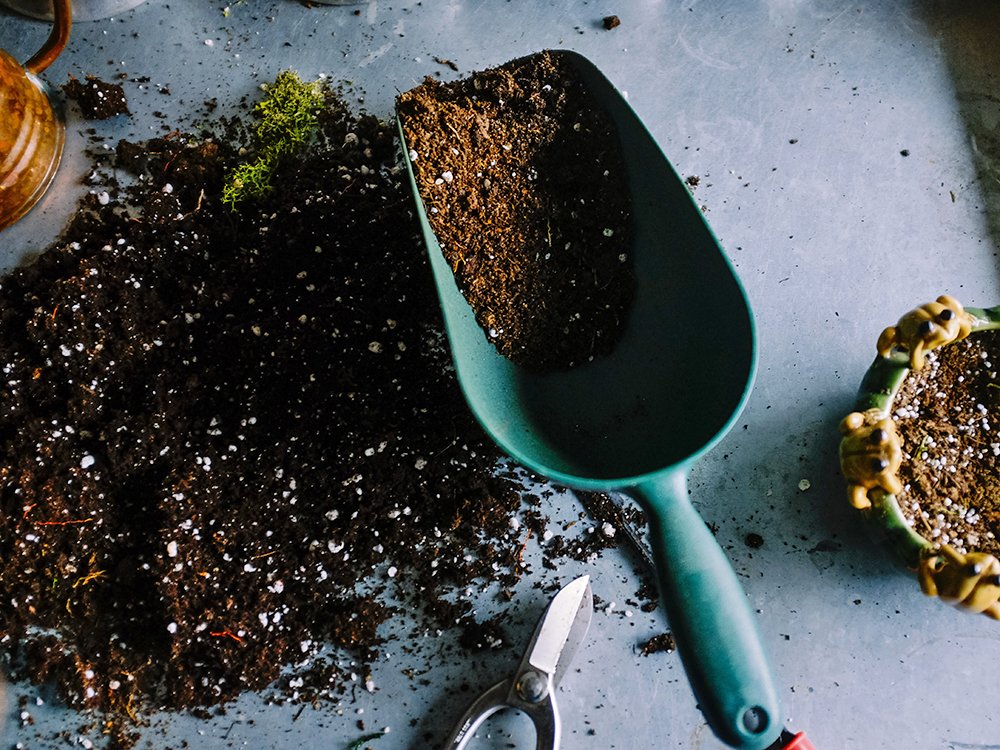Do you know the master gardeners of our trade fair city of Maricopa? Learn about our history and programs.
 The Land Grant Colleges Act of 1862 granted land within each state to establish colleges specializing in the “agricultural and mechanical” (A&M) arts. The University of Arizona is our first land-supported university.
The Land Grant Colleges Act of 1862 granted land within each state to establish colleges specializing in the “agricultural and mechanical” (A&M) arts. The University of Arizona is our first land-supported university.
The Cooperative Extension Service is a large, informal education system that helps people use research-based knowledge to improve their lives. This service is provided by each state’s land grant college and is administered by the county’s horticultural agency.
The Master Gardener Program is a branch of Cooperative Extension Services. Our mission is to provide home gardeners with research-based gardening information through educational programs and projects. Master Gardeners are unpaid volunteers.
Our local group is fortunate to be based in the Maricopa Agricultural Center. MAC is a laboratory at the University of Arizona, known for its research into cotton, small grains, alfalfa, and new specialty crops.
At MAC, master gardeners manage demonstration gardens, cactus gardens, greenhouses and small orchards. We use these areas as educational platforms to introduce local homeowners to new plants and growing techniques, as well as best practices in garden planning, cultivation, irrigation and tool maintenance.
Another important service we offer is plant diagnostics. In this capacity, we research and resolve plant and insect questions submitted by home gardeners throughout Pinal County. The MAC office has a diagnostic lab and library.
Becoming a Pinal County Master Gardener takes some time and dedication, but it is well worth it, not only for the personal knowledge you gain, but for the opportunity to share that learning with others.
First, you need to complete a specialized course in gardening in the low desert. This comprehensive course covers topics such as botany, soil and plant nutrition, problem diagnosis, irrigation, pest management, desert-adapted plants, and vegetable gardening.
Upon completion of the course, Master Gardener Intern must complete 50 hours of service to obtain full certification. Annual recertification includes additional volunteer and continuing education hours. Typical volunteer projects include planting and maintaining MAC garden areas, staffing plant diagnostic offices, working with local schools, and presenting landscape and gardening information at citywide events. will be Volunteering opportunities are fun and satisfying, and open up a whole new network of acquaintances and contacts.
Our current courses are offered online for self-paced learning.Maricopa Master Gardener Office (520-374-6263) or macmastergardener@gmail.com for more information.
Rita Bricker lives in Maricopa and is a Master Gardener at the University of Arizona.







